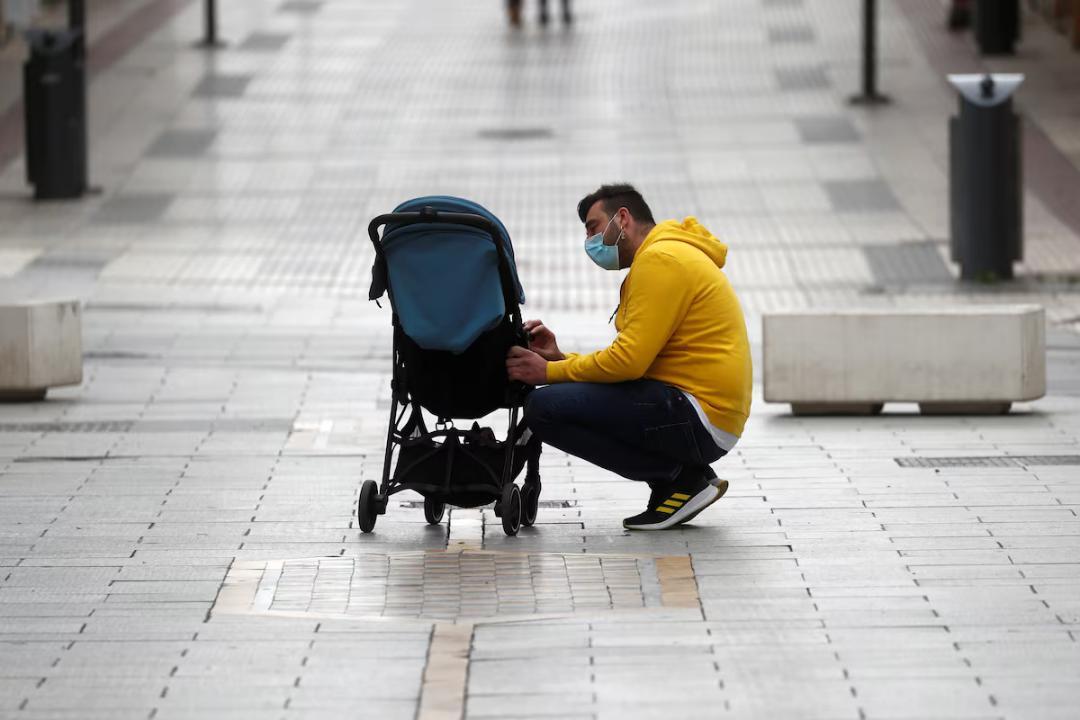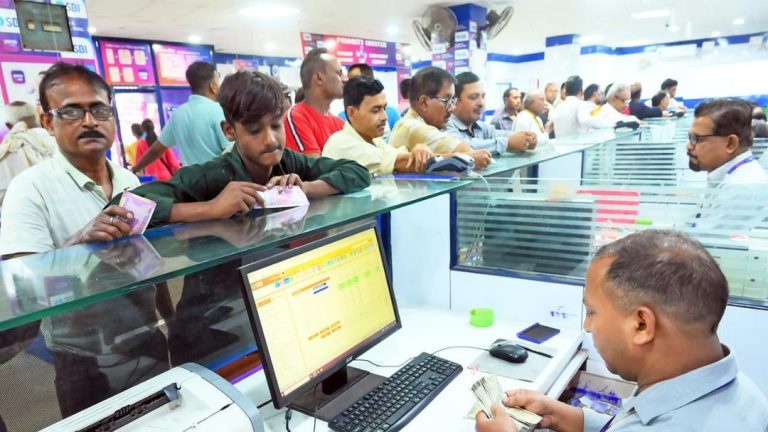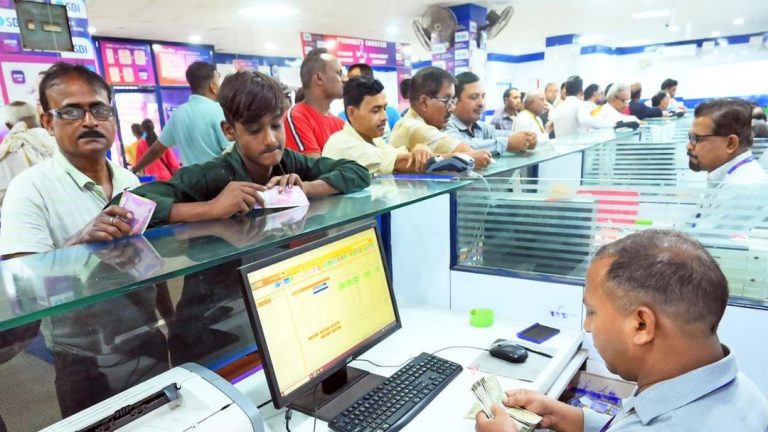
Spain to Offer 17 Weeks of Parental Leave to Both Mothers and Fathers
Spain has made a significant move towards gender equality by announcing plans to extend its parental leave policy, giving both mothers and fathers an additional week of paid leave after the birth of a child. This move will bring the total parental leave to 17 weeks, making it one of the most generous parental allowances in Europe.
As of July 2025, Spanish parents will be entitled to 17 weeks of fully-paid leave, with the first 12 weeks reserved for the mother and the remaining five weeks shared equally between both parents. This new policy is a significant step towards promoting gender equality and supporting working parents in Spain.
Spain and Finland are the only EU countries to offer equal, fully-paid birth leave to both parents. This move is seen as a major victory for feminism and a significant step towards creating a more equal society.
According to a Reuters report, “Spain is moving towards feminism…and there’d be no turning back,” said a minister. This statement reflects the government’s commitment to promoting gender equality and supporting working parents.
The new policy is expected to have a significant impact on working parents in Spain, particularly women. Research has shown that women are still responsible for the majority of childcare and domestic duties, which can lead to a significant imbalance in their working lives. This new policy will allow women to share the responsibility of childcare more equally with their partners, allowing them to pursue their careers without feeling guilty or overwhelmed.
The policy is also expected to have a positive impact on the economy. A study by the International Labour Organization (ILO) found that increasing parental leave and supporting working parents can have a positive impact on the economy, including increased productivity, reduced turnover, and improved employee morale.
The new policy is part of a broader effort by the Spanish government to promote gender equality and support working parents. The government has also announced plans to increase the number of childcare facilities and to provide more support for working parents through tax breaks and other incentives.
Spain’s move towards greater parental leave is not unique. Many countries around the world are recognizing the importance of supporting working parents and are implementing policies to promote gender equality and improve work-life balance.
In the United States, for example, some companies are offering four months of fully-paid parental leave, while others are providing flexible work arrangements and on-site childcare facilities.
In the UK, the government has announced plans to introduce a new system of parental leave, which will allow parents to share up to 50 weeks of leave between them.
In Australia, the government has introduced a new paid parental leave scheme, which provides eligible parents with up to 18 weeks of fully-paid leave.
As more countries recognize the importance of supporting working parents, we can expect to see a significant shift towards greater gender equality and improved work-life balance.
In conclusion, Spain’s move towards 17 weeks of parental leave for both mothers and fathers is a significant step towards promoting gender equality and supporting working parents. This policy is part of a broader effort by the government to promote gender equality and improve work-life balance, and it is expected to have a positive impact on working parents and the economy.
Source:





